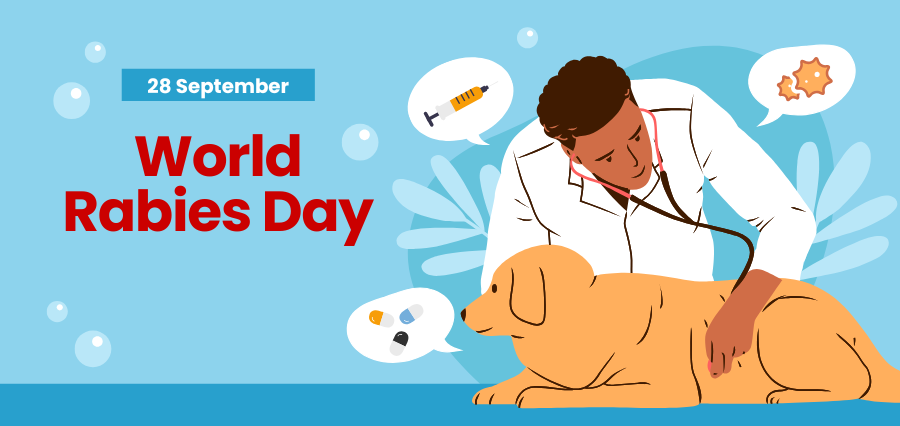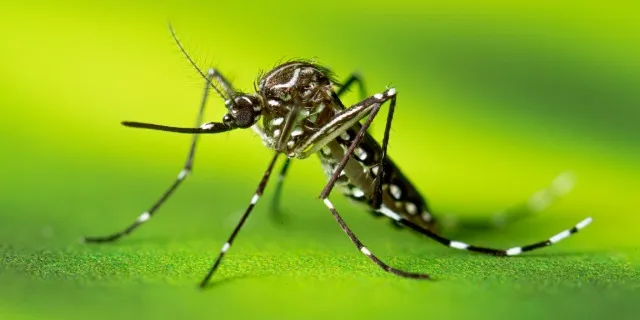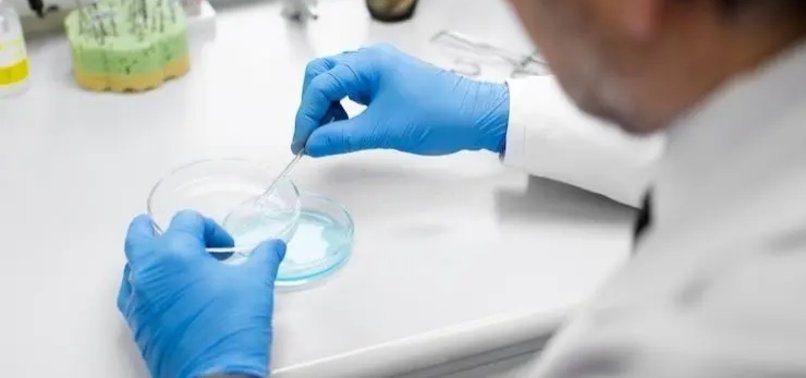Global Health Agencies Urge Increased Vigilance as Mpox Threatens Children
LATEST news
-
 Ethiopia Confirms First Marburg Virus Outbreak as Health Agencies Work to Contain SpreadNews
Ethiopia Confirms First Marburg Virus Outbreak as Health Agencies Work to Contain SpreadNews -
 Both Diet and Regular Sodas May Increase Risk of Liver DiseaseNews
Both Diet and Regular Sodas May Increase Risk of Liver DiseaseNews -
 World Rabies Day 2025: A Call to Action from the Global CommunityNews
World Rabies Day 2025: A Call to Action from the Global CommunityNews -
 Day-biting Invader: Aedes aegypti Mosquito Discovered in South AshlandNews
Day-biting Invader: Aedes aegypti Mosquito Discovered in South AshlandNews -
 Australian Scientists Create World’s First Lab-Grown Human Skin with Blood SupplyNews
Australian Scientists Create World’s First Lab-Grown Human Skin with Blood SupplyNews
The World Health Organization (WHO) has called for heightened vigilance in response to the recent resurgence of Mpox (formerly known as Monkeypox), emphasizing the need for a robust global response. The United Nations Children’s Fund (UNICEF) has similarly issued a warning, stressing the urgent necessity to prioritize the needs of children amid the ongoing outbreak. The emergence of a new variant of the Mpox virus, known as clade Ib, has raised concerns about its potential for broader transmission, particularly among younger populations.
Mpox has already significantly impacted children across Africa, where thousands are reported to be affected. The virus, which spreads through direct contact with infected skin lesions, bodily fluids, contaminated materials, and respiratory droplets, poses an increased risk to children, especially those suffering from malnutrition or other health conditions that compromise their immune systems.
In the Democratic Republic of the Congo, a particularly alarming situation has emerged with children under 15 constituting more than half of the reported cases. Contributing factors include widespread malnutrition, overcrowded living conditions, the presence of other infectious diseases, and limited access to healthcare services. These conditions exacerbate the risk of Mpox transmission and complicate the response efforts.
UNICEF has been actively collaborating with the Africa Centers for Disease Control and Prevention (Africa CDC), the WHO, and other international partners such as USAID and the UK’s Foreign, Commonwealth & Development Office (FCDO). Their collective efforts aim to support national governments in mitigating the spread of Mpox, with a particular focus on children, pregnant women, and underserved communities. The response strategy includes not only interrupting disease transmission but also addressing secondary impacts such as child protection and disruptions to education, including school closures.
In addition to these efforts, the WHO is working to expedite the distribution and administration of Mpox vaccines, a critical component in controlling the outbreak and protecting vulnerable populations.
As the situation evolves, the global health community remains committed to reinforcing preventive measures and ensuring that the needs of the most affected, particularly children, are met with urgency and compassion.
